
Watamu: Kenya's Coastal Gem
Nestled along the pristine shores of Kenya, Watamu is a coastal paradise that offers a unique blend of natural beauty and cultural richness. Known for its white sandy beaches and crystal-clear waters, Watamu is a haven for beach lovers and water sports enthusiasts alike. The Marine National Park here is a protected area, making it perfect for snorkeling and diving, where you can explore vibrant coral reefs and encounter a diverse array of marine life. Beyond the beach, Watamu is steeped in history and local culture. The nearby Gede Ruins are a fascinating archaeological site, offering a glimpse into the Swahili culture that thrived here in the 13th century. Wandering through the ancient ruins, you can almost feel the echoes of the past. For nature lovers, the Arabuko-Sokoke Forest Reserve provides an excellent opportunity to witness rare bird species and indigenous wildlife in their natural habitat. Watamu also boasts a variety of accommodation options, from luxurious beachfront resorts to charming eco-lodges, ensuring that visitors can find the perfect place to stay. The local cuisine, rich in flavors and fresh seafood, is another highlight that shouldn't be missed. Whether you're looking to relax on the beach, dive into underwater adventures, or explore historical treasures, Watamu offers an unforgettable experience for every traveler.
Local tips in Watamu
- Visit the Marine National Park early in the morning to avoid crowds and catch the best visibility for snorkeling and diving.
- Wear comfortable shoes and bring water when exploring the Gede Ruins as the area can get quite warm.
- Hire a local guide for a bird-watching tour in the Arabuko-Sokoke Forest Reserve to spot rare species.
- Try local delicacies like Swahili seafood dishes at the beachside restaurants for an authentic culinary experience.
- Respect the local customs and traditions, and always ask for permission before taking photographs of people.
Watamu: Kenya's Coastal Gem
Nestled along the pristine shores of Kenya, Watamu is a coastal paradise that offers a unique blend of natural beauty and cultural richness. Known for its white sandy beaches and crystal-clear waters, Watamu is a haven for beach lovers and water sports enthusiasts alike. The Marine National Park here is a protected area, making it perfect for snorkeling and diving, where you can explore vibrant coral reefs and encounter a diverse array of marine life. Beyond the beach, Watamu is steeped in history and local culture. The nearby Gede Ruins are a fascinating archaeological site, offering a glimpse into the Swahili culture that thrived here in the 13th century. Wandering through the ancient ruins, you can almost feel the echoes of the past. For nature lovers, the Arabuko-Sokoke Forest Reserve provides an excellent opportunity to witness rare bird species and indigenous wildlife in their natural habitat. Watamu also boasts a variety of accommodation options, from luxurious beachfront resorts to charming eco-lodges, ensuring that visitors can find the perfect place to stay. The local cuisine, rich in flavors and fresh seafood, is another highlight that shouldn't be missed. Whether you're looking to relax on the beach, dive into underwater adventures, or explore historical treasures, Watamu offers an unforgettable experience for every traveler.
When is the best time to go to Watamu?
Iconic landmarks you can’t miss
Watamu Marine National Park & Reserve
Explore the vibrant marine life and pristine beaches of Watamu Marine National Park & Reserve, a stunning coastal paradise in Kenya.
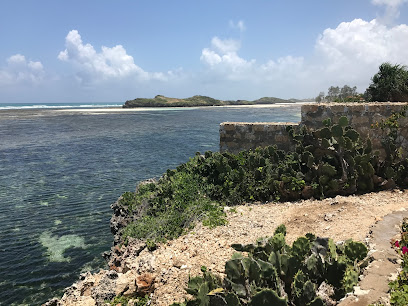
Hemingways Watamu
Experience luxury and tranquility at Hemingways Watamu, where stunning ocean views and exceptional service meet the natural beauty of Kenya's coast.
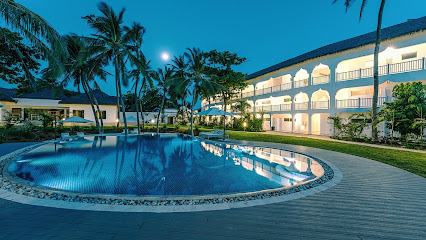
Gede Ruins Malindi... Snake Park
Discover the Gede Ruins, a historical landmark in Malindi where ancient Swahili culture meets breathtaking nature, perfect for every history enthusiast.
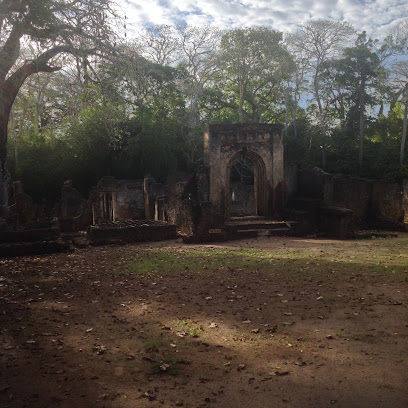
Lichthaus
Experience the vibrant atmosphere and breathtaking sunsets at Lichthaus, the ultimate bar in Watamu, Kenya, perfect for relaxation and socializing.
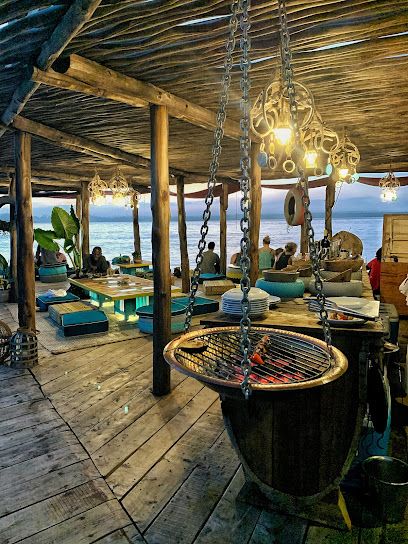
Gede Ruins
Discover the ancient wonders of Gede Ruins, an archaeological gem along the Kenyan coast that showcases Swahili heritage and rich biodiversity.
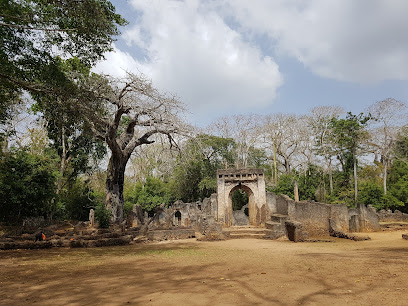
Crab Shack Dabaso, Mida Creek
Experience the best of coastal dining at Crab Shack Dabaso, where fresh seafood meets breathtaking views on Mida Creek.
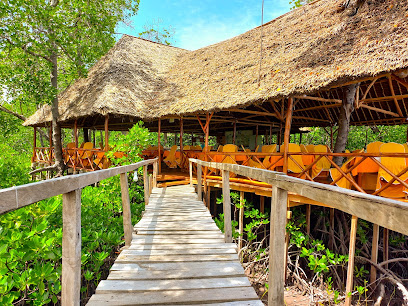
Papa Remo Beach
Discover the beauty of Papa Remo Beach in Watamu, Kenya - a perfect blend of relaxation, stunning views, and delectable dining experiences.

Medina Palms
Discover the serene beauty of Medina Palms, a luxurious beachfront hotel in Watamu, Kenya, perfect for relaxation and adventure.

Temple Point
Experience luxury and adventure at Temple Point in Watamu, Kenya - A resort where relaxation meets the beauty of nature and vibrant marine life.
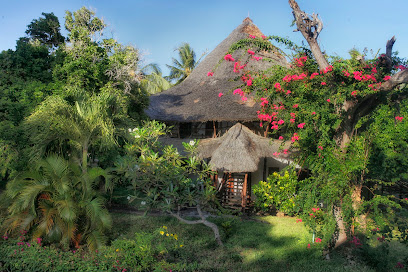
Turtle Bay Beach Resort Watamu
Experience the tropical bliss of Turtle Bay Beach Resort in Watamu, where stunning beaches meet vibrant marine life and unforgettable adventures await.

The One, watamu bay
Experience the ultimate tropical escape at The One, Watamu Bay – where luxury meets the beauty of Kenya’s stunning coastline.

Watamu Snake Farm
Unravel the mysteries of reptiles at the Watamu Snake Farm, a unique educational experience in the heart of Kenya's stunning coastal region.
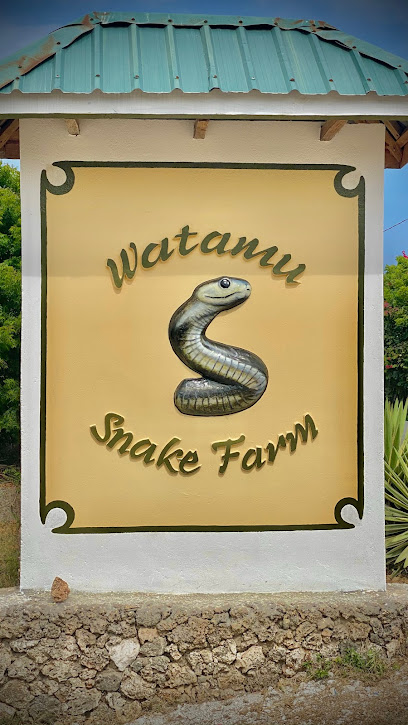
Garoda Beach
Experience the serene beauty of Garoda Beach in Watamu, a perfect blend of relaxation, adventure, and vibrant marine life along Kenya's stunning coastline.
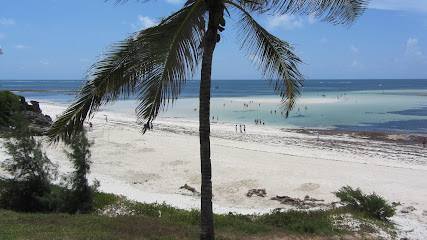
Turtle Bay Dive Center
Experience the vibrant marine life and breathtaking underwater landscapes at Turtle Bay Dive Center in Watamu, Kenya.
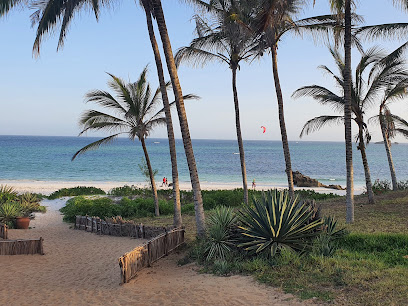
Local Ocean Conservation
Explore Local Ocean Conservation in Watamu: Your gateway to marine preservation and eco-friendly experiences in Kenya.
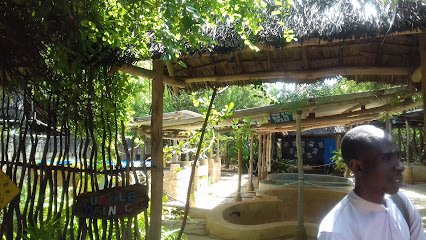
Unmissable attractions to see
Gede Ruins Malindi... Snake Park
Explore the historical Gede Ruins and encounter diverse wildlife at the Snake Park, a must-visit attraction on Kenya's coast.
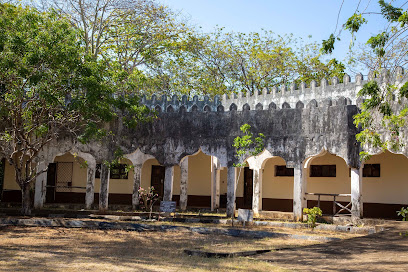
Gede Ruins
Explore the enchanting Gede Ruins: an archaeological treasure on Kenya's coast, steeped in history and surrounded by lush nature.
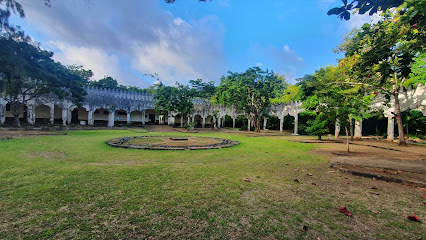
Watamu Snake Farm
Experience the thrill of the Watamu Snake Farm, where education meets adventure in the heart of Kenya's coastal paradise.

Garoda Beach
Experience the natural beauty and tranquility of Garoda Beach in Watamu - a perfect retreat for relaxation and adventure on Kenya's stunning coastline.
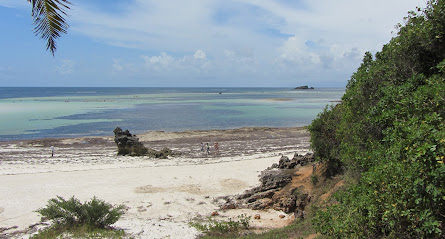
Local Ocean Conservation
Explore Local Ocean Conservation in Watamu, where marine life thrives and conservation efforts come to life, creating unforgettable experiences for eco-conscious travelers.
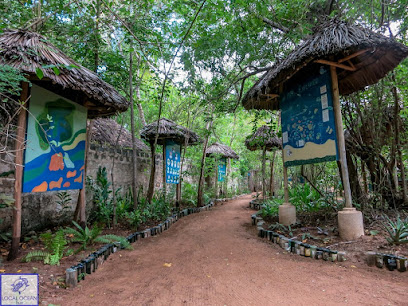
Blue bay watamu
Experience the beauty and tranquility of Blue Bay, a premier tourist attraction in Watamu offering adventure, relaxation, and breathtaking views.
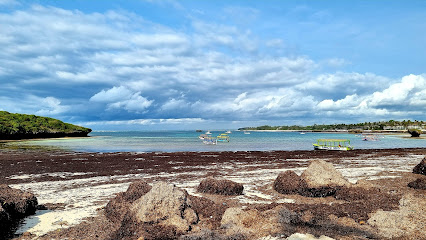
Captain Sammy Dhow Boat - Watamu
Discover the beauty of Watamu's coastline with an unforgettable sailing experience at Captain Sammy Dhow Boat, where adventure meets tranquility.
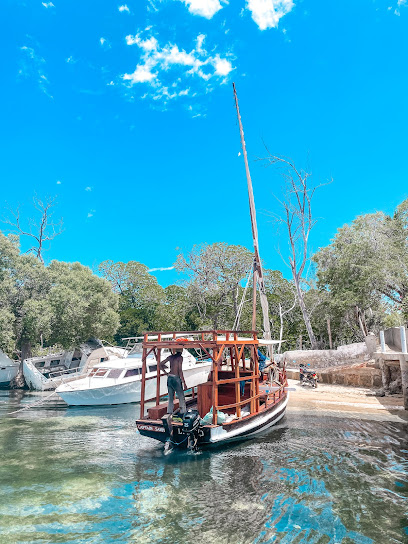
Watamu Turtle Watch
Explore the beauty of marine conservation at Watamu Turtle Watch, home to rescued sea turtles and dedicated to protecting marine ecosystems.
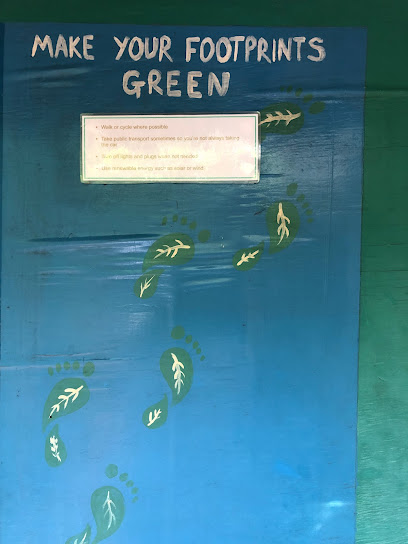
INFO KENYA TOURS - WATAMU
Discover the beauty of Watamu with INFO KENYA TOURS - your gateway to unforgettable adventures along Kenya's stunning coast.
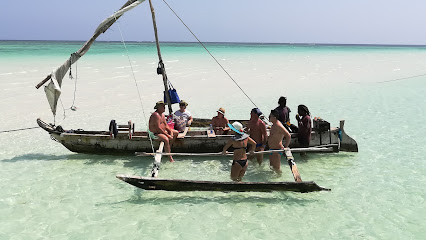
Isola Dell'Amore
Discover the beauty of Isola Dell'Amore, an enchanting island in Watamu, Kenya, where romance meets tranquility amidst stunning natural landscapes.
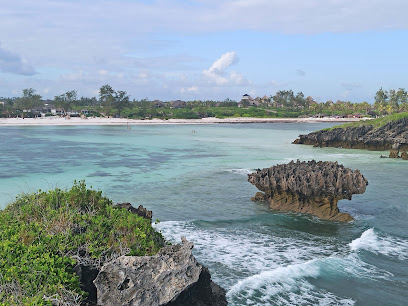
Sardinia due
Explore Sardinia Due: A stunning coastal gem in Watamu, Kenya, known for its beautiful beaches, vibrant marine life, and serene atmosphere.
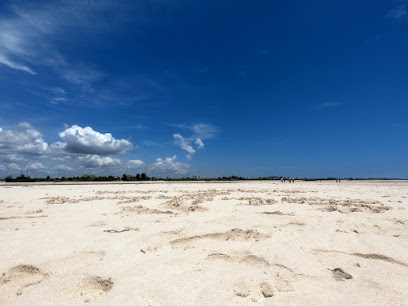
Safari Kenya Con Filippo Bassa Marea
Explore the stunning marine life and vibrant ecosystems of Watamu with Safari Kenya Con Filippo Bassa Marea's unforgettable whale watching and safari tours.
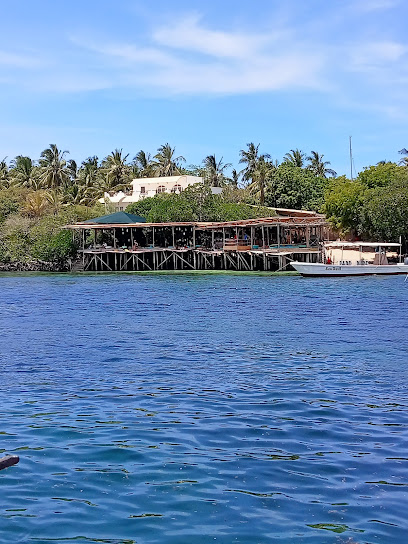
Sudi Island Conservation Area
Discover the stunning biodiversity of Sudi Island Conservation Area, a sanctuary for wildlife and marine life in Watamu, Kenya, perfect for eco-tourists.
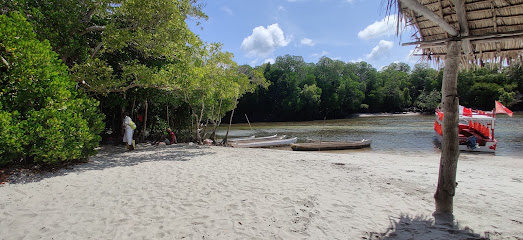
Kamal services watamu
Explore the beauty of Watamu with Kamal Services, your gateway to unforgettable adventures and local culture in Kenya's stunning coastal paradise.
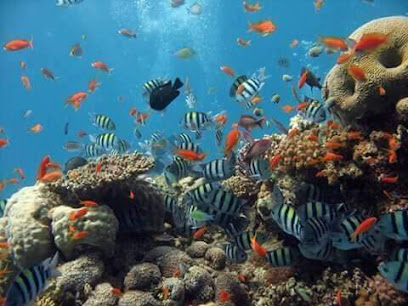
Aquarius beach
Discover the serene beauty of Aquarius Beach in Watamu, where pristine sands meet vibrant marine life, perfect for relaxation and adventure.
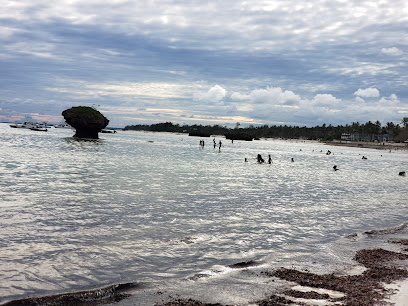
Essential places to dine
Crab Shack Dabaso, Mida Creek
Discover Crab Shack Dabaso: A unique culinary experience in Mida Creek with fresh seafood and breathtaking views.
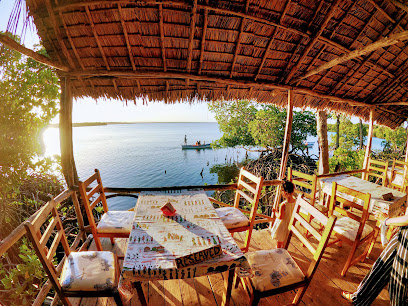
Papa Remo Beach
Experience authentic Italian cuisine by the beach at Papa Remo Beach - where flavor meets tranquility on Kenya's stunning coast.
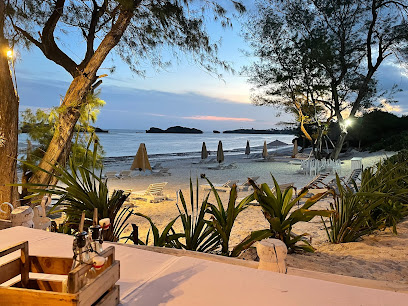
Ocean Sports
Experience unparalleled luxury at Ocean Sports in Watamu - your gateway to adventure on Kenya's breathtaking coast.
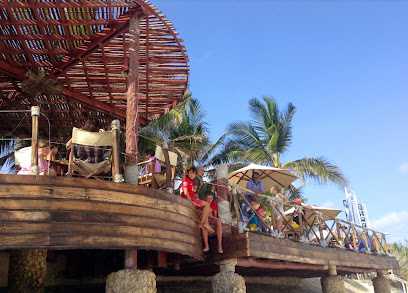
Hosteria Romana Watamu
Experience authentic Italian cuisine at Hosteria Romana Watamu—delicious pizzas, fresh pasta & refreshing ice cream by the beautiful Kenyan coast.
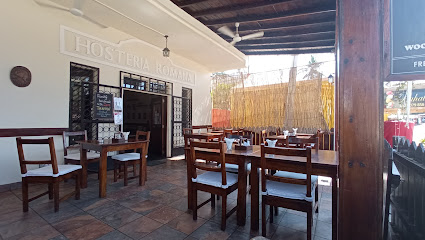
Come Back Club
Discover Watamu's premier nightlife hub at Come Back Club - where delicious food meets vibrant entertainment.
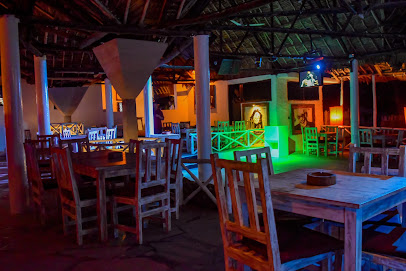
Non Solo Gelato - Watamu
Discover Non Solo Gelato in Watamu - your ultimate destination for delicious gelato and authentic Italian cuisine amidst stunning coastal beauty.
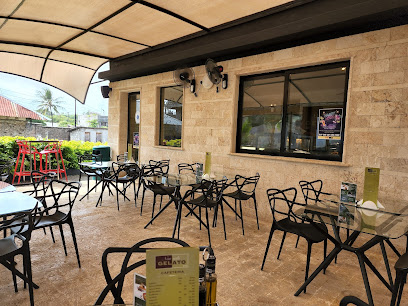
Swahili Cafe
Savor the essence of Kenyan cuisine at Swahili Cafe in Watamu – where authentic flavors meet stunning coastal views.
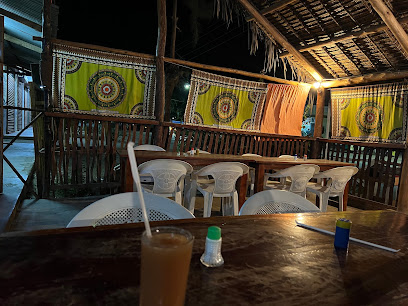
Pilipan Restaurant
Experience authentic African flavors at Pilipan Restaurant in Watamu - a culinary journey awaits you!
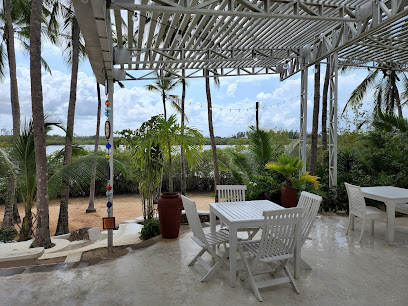
KOKOMO BEACH BAR & RESTAURANT
Experience the best Mediterranean cuisine with stunning ocean views at Kokomo Beach Bar & Restaurant in Watamu.
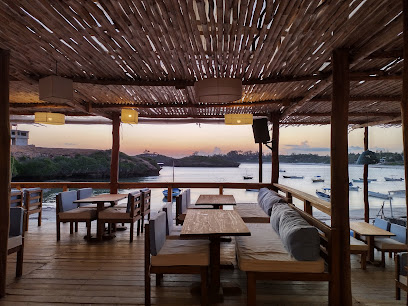
Safina Beach ( Robbie Rasta Safari )
Experience the breathtaking beauty and vibrant atmosphere of Safina Beach in Watamu - where relaxation meets adventure on Kenya's stunning coastline.
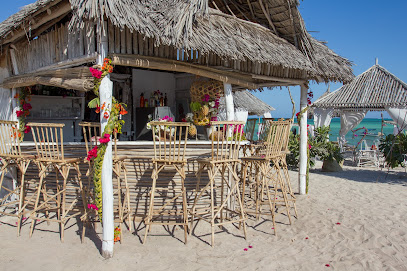
Mapango Restaurant
Discover Mapango Restaurant in Watamu - where delicious pizza meets Kenyan hospitality on the stunning North coast.
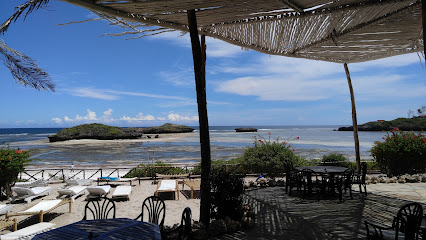
The Liar's Club
Discover authentic Italian cuisine at The Liar's Club in Watamu - where every dish tells a story amidst vibrant coastal charm.
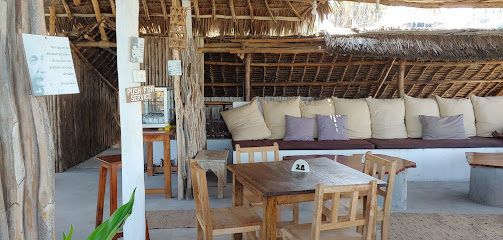
Makuti Ristorante Pizzeria
Discover authentic Italian flavors blended with local Kenyan cuisine at Makuti Ristorante Pizzeria in scenic Watamu.

Tamu Beach Bar & Restaurant
Experience coastal dining at Tamu Beach Bar & Restaurant – where stunning ocean views meet delectable cuisine in Watamu.
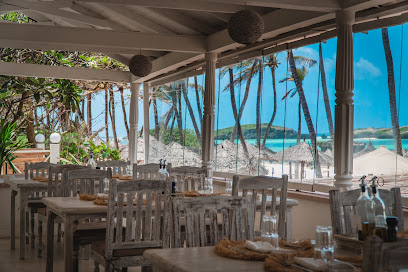
MAMIY'S PIZZA Watamu
Experience authentic Italian flavors at Mamiy's Pizza in Watamu - where every slice tells a story.
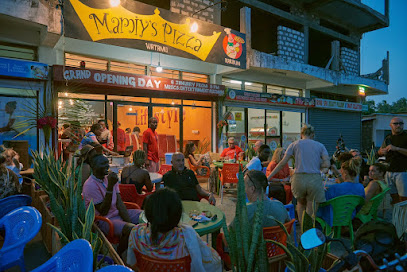
Markets, malls and hidden boutiques
Zebra Shop
Explore authentic Kenyan artistry at Zebra Shop in Watamu, where unique crafts and local culture come together in a vibrant shopping experience.
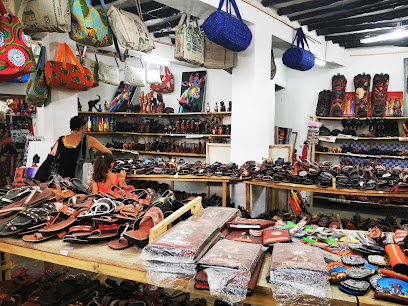
Mama Diwani Shop
Discover unique home goods at Mama Diwani Shop in Watamu, where local craftsmanship meets vibrant Kenyan culture.
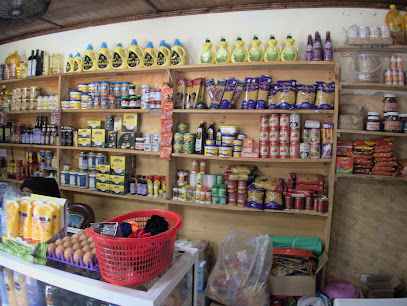
The Love Shack Boutique
Discover unique gifts and local treasures at The Love Shack Boutique in Watamu, an essential stop for every traveler seeking meaningful souvenirs.
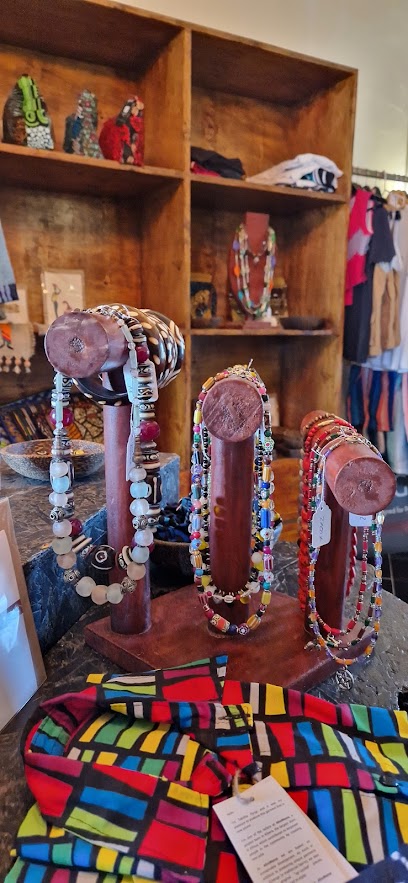
Vintage Fashion
Explore a treasure trove of vintage accessories at Vintage Fashion in Watamu, where every piece has a story to tell.
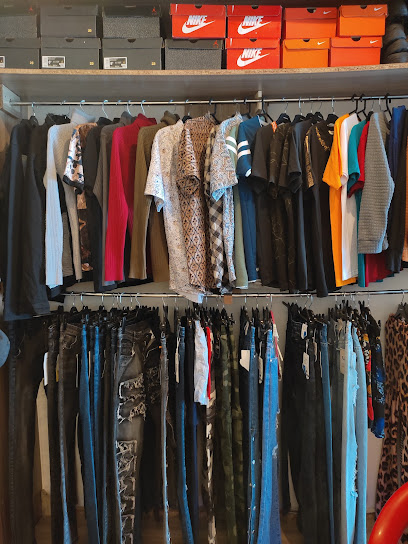
Coast and Shabby
Explore the coastal charm of Watamu at Coast and Shabby, your go-to home goods store for unique souvenirs and local craftsmanship.
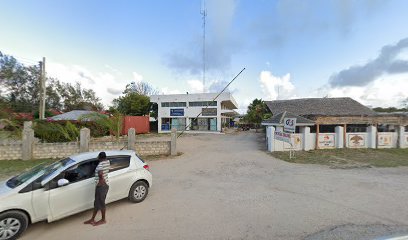
MAASAI SHOP WATAMU
Discover authentic Maasai clothing and crafts at Maasai Shop Watamu, a vibrant destination showcasing Kenya's rich cultural heritage.
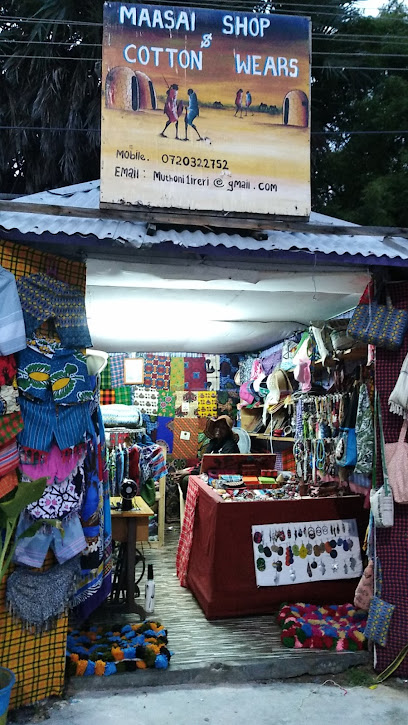
Zainab Selection Centre - Watamu
Explore vibrant local textiles at Zainab Selection Centre - a treasure trove of unique T-shirts reflecting Kenya's rich culture.
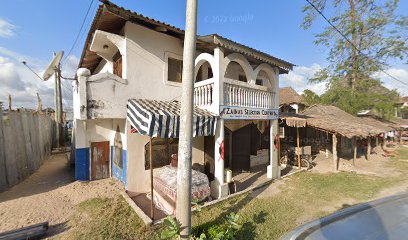
kj collection watamu
Explore KJ Collection Watamu for unique fashion accessories that reflect the vibrant culture and charm of this coastal paradise.
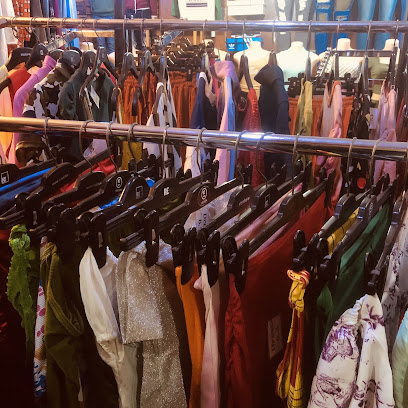
Kikish shop
Explore Kikish Shop in Watamu for unique local crafts and authentic souvenirs that capture the spirit of Kenya's vibrant culture.
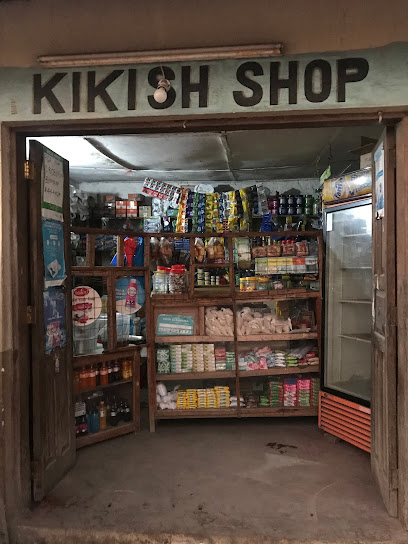
Nancy Mukami Boutique
Explore the vibrant local fashion scene at Nancy Mukami Boutique in Watamu, where unique designs and personalized service await you.
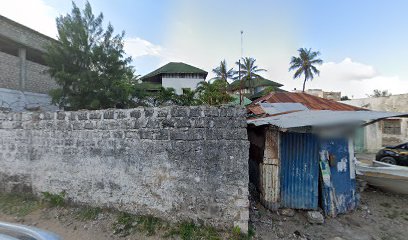
SALIMS SHOP B Watamu
Explore the vibrant offerings of Salim's Shop in Watamu, where local culture meets convenience in a delightful general store experience.
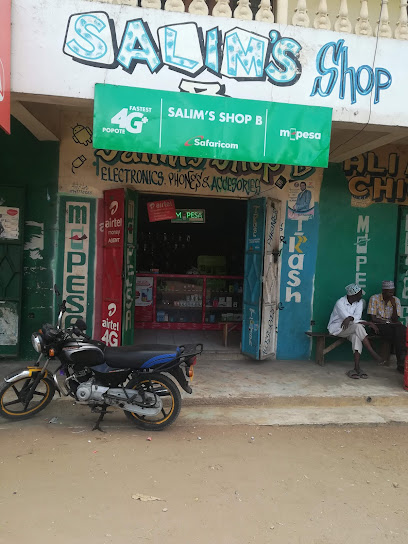
MABRUK MINI SHOP
Explore Mabruk Mini Shop in Watamu for unique home goods and authentic Kenyan souvenirs, combining style with local craftsmanship.
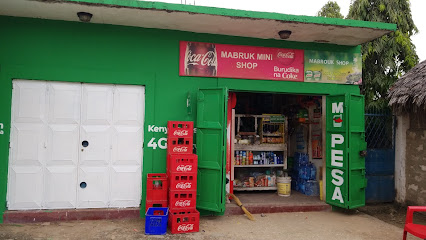
Cutie - NNA Collection
Explore the vibrant local craftsmanship at Cutie - NNA Collection, a boutique in Watamu offering unique souvenirs and authentic gifts.
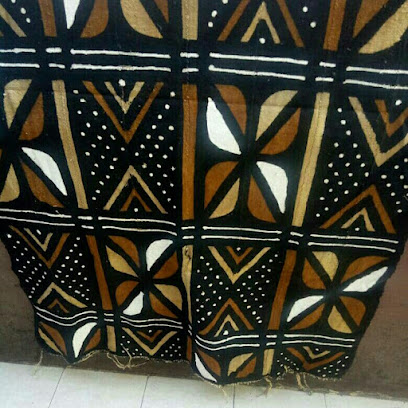
Shukrani Shop
Discover the vibrant flavors of Kenya at Shukrani Shop, Watamu's premier food store for fresh produce and local delicacies.

Glory boutique, Watamu
Explore Glory Boutique in Watamu for unique Kenyan crafts, fashion, and souvenirs that reflect the vibrant coastal culture.

Essential bars & hidden hideouts
Lichthaus
Experience the tranquil beauty of Mida Creek at Lichthaus, where exquisite drinks and local flavors come together in a stunning setting.
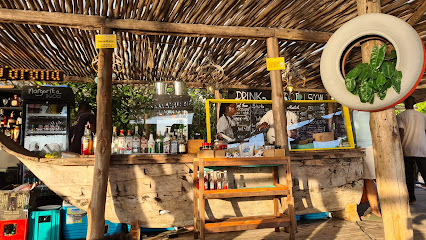
KOKOMO BEACH BAR & RESTAURANT
Discover the charm of Kokomo Beach Bar & Restaurant in Watamu, where Mediterranean cuisine meets breathtaking coastal views.
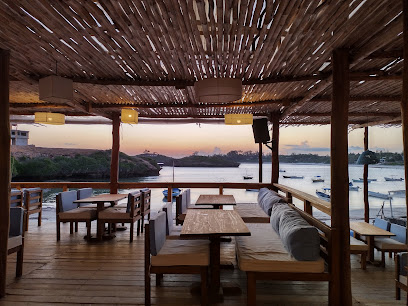
The Liar's Club
Savor the authentic taste of Italy at The Liar's Club, a must-visit restaurant in Watamu, known for its vibrant atmosphere and delicious menu.
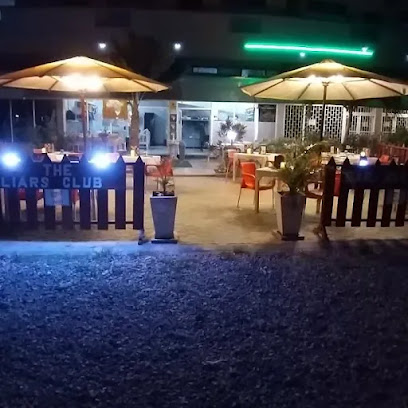
Coconut Beach Café
Experience the vibrant flavors of Coconut Beach Café in Watamu, where stunning ocean views meet delicious food and drinks in a tropical paradise.
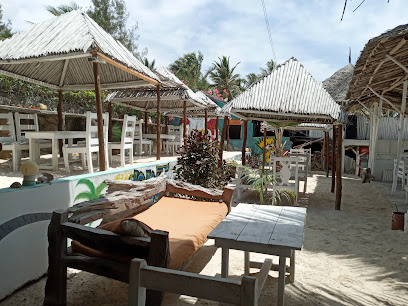
Mexicano Bar
Experience the vibrant culture and flavors of Watamu at Mexicano Bar, a lively hotspot for locals and tourists alike.
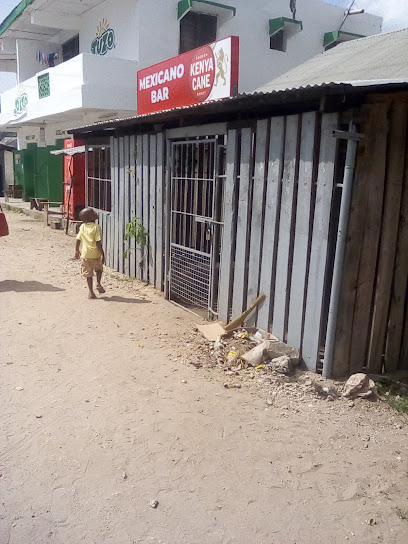
Zion Beach Bar
Discover the vibrant spirit of Zion Beach Bar in Watamu, where stunning ocean views meet delicious cocktails and lively atmosphere.
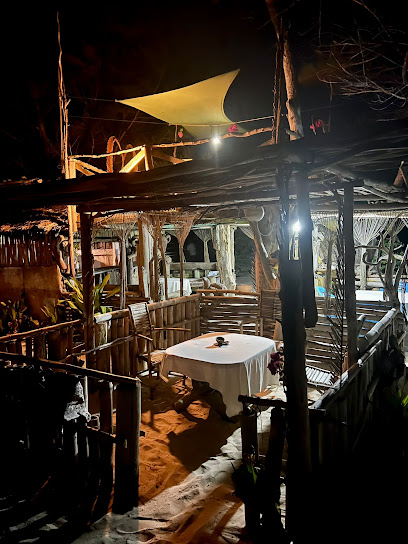
Africano Beach Bar & Restaurant
Explore the vibrant Africano Beach Bar & Restaurant, a coastal haven in Watamu, offering delicious cuisine and stunning ocean views.
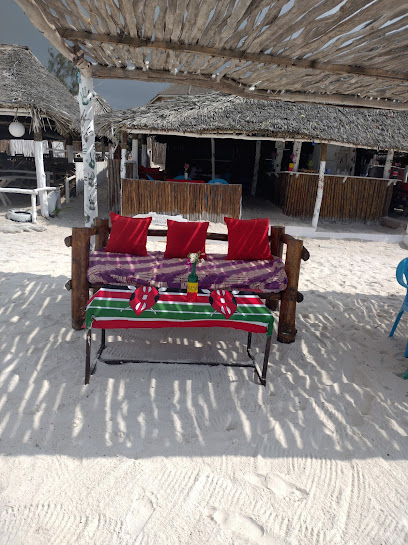
Carwash Bar and Restaurant
Experience the taste of Watamu at Carwash Bar and Restaurant, where delicious grilled dishes meet a vibrant coastal atmosphere.
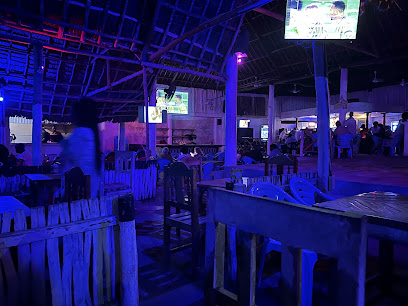
King Of Love Bat
Discover the vibrant atmosphere and refreshing tropical cocktails at King Of Love Bat in Watamu, the perfect bar for relaxation and socializing.
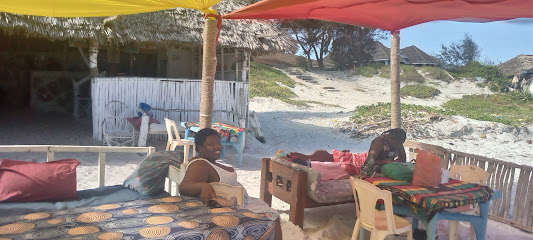
Palace Bar and Restaurant
Experience the vibrant flavors and relaxing atmosphere at Palace Bar and Restaurant in Watamu, where delicious cuisine meets stunning coastal views.
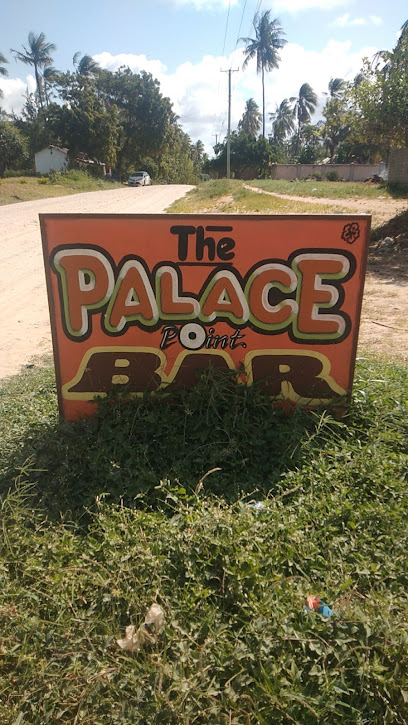
Kachewe Beach Bar
Experience the serene ambiance and tropical flavors at Kachewe Beach Bar in Watamu, a perfect beachside escape for relaxation and enjoyment.
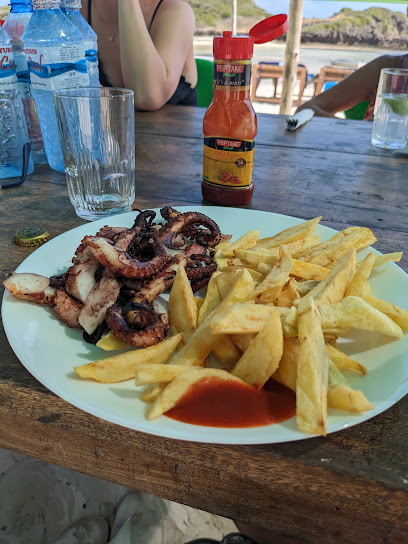
PARADISE beach bar and restaurant
Discover the vibrant atmosphere and stunning ocean views at Paradise Beach Bar and Restaurant in Watamu, a true tropical escape.
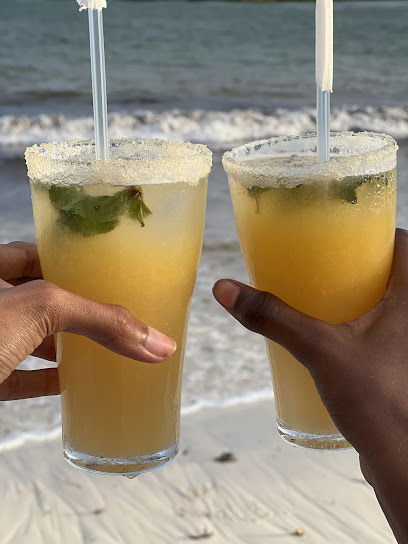
MAMA AFRICA PUB
Discover the vibrant atmosphere of Mama Africa Pub in Watamu, where local culture meets refreshing drinks in a lively setting.
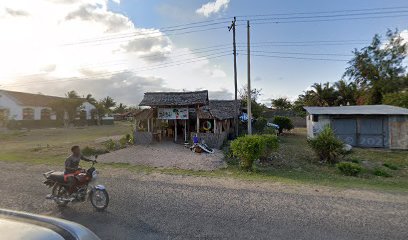
White Rock Club
Discover the lively White Rock Club in Watamu, where vibrant nightlife meets stunning views and welcoming ambiance.

Kibali Bar
Discover the serene ambiance and vibrant flavors at Kibali Bar in Watamu, where relaxation meets local culture in a stunning coastal setting.
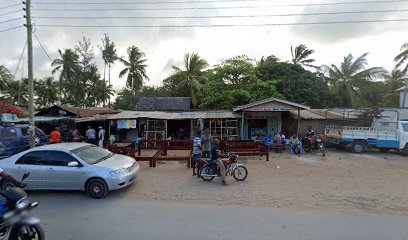
Local Phrases about Watamu
-
- HelloJambo
[jahm-boh] - GoodbyeKwaheri
[kwah-heh-ree] - YesNdio
[nn-dyoh] - NoHapana
[hah-pah-nah] - Please/You're welcomeTafadhali
[tah-fah-dah-lee] - Thank youAsante
[ah-sahn-teh] - Excuse me/SorrySamahani
[sah-mah-hah-nee] - How are you?Habari yako?
[hah-bah-ree yah-koh] - Fine. And you?Salama. Na wewe?
[sah-lah-mah. nah weh-weh] - Do you speak English?Unasema Kiingereza?
[oo-nah-seh-mah kee-een-geh-reh-zah] - I don't understandSielewi
[see-eh-leh-wee]
- HelloJambo
-
- I'd like to see the menu, pleaseNingependa kuona menyu, tafadhali
[nin-geh-pen-dah kwoh-nah meh-nyoo, tah-fah-dah-lee] - I don't eat meatSi kula nyama
[see koo-lah nyah-mah] - Cheers!Mambo!
[mahm-boh] - I would like to pay, pleaseNingependa kulipa, tafadhali
[nin-geh-pen-dah koo-lee-pah, tah-fah-dah-lee]
- I'd like to see the menu, pleaseNingependa kuona menyu, tafadhali
-
- Help!Msaada!
[msah-ah-dah] - Go away!Enda zako!
[ehn-dah zah-koh] - Call the Police!Piga Polisi!
[pee-gah poh-lee-see] - Call a doctor!Piga daktari!
[pee-gah dahk-tah-ree] - I'm lostNimepotea
[nee-meh-poh-teh-ah] - I'm illNinaumwa
[nee-nah-oom-wah]
- Help!Msaada!
-
- I'd like to buy...Ningependa kununua...
[nin-geh-pen-dah koo-noo-noo-ah] - I'm just lookingNatazama tu
[nah-tah-zah-mah too] - How much is it?Bei ni kiasi gani?
[bay nee kyah-see gah-nee] - That's too expensiveHii ni ghali sana
[hee nee gah-lee sah-nah] - Can you lower the price?Unaweza kupunguza bei?
[oo-nah-weh-zah koo-poon-goo-zah bay]
- I'd like to buy...Ningependa kununua...
-
- What time is it?Ni saa ngapi?
[nee sah-ah ngah-pee] - It's one o'clockNi saa moja
[nee sah-ah moh-jah] - Half past (10)Nusu saa kumi
[noo-soo sah-ah koo-mee] - MorningAsubuhi
[ah-soo-boo-hee] - AfternoonMchana
[m-chah-nah] - EveningJioni
[joh-nee] - YesterdayJana
[jah-nah] - TodayLeo
[leh-oh] - TomorrowKesho
[keh-shoh] - 1Moja
[moh-jah] - 2Mbili
[m-bee-lee] - 3Tatu
[tah-too] - 4Nne
[neh] - 5Tano
[tah-noh] - 6Sita
[see-tah] - 7Saba
[sah-bah] - 8Nane
[nah-neh] - 9Tisa
[tee-sah] - 10Kumi
[koo-mee]
- What time is it?Ni saa ngapi?
-
- Where's a/the...?Iko wapi...?
[ee-koh wah-pee] - What's the address?Anuani ni gani?
[ah-noo-ah-nee nee gah-nee] - Can you show me (on the map)?Unaweza kunionyesha (kwenye ramani)?
[oo-nah-weh-zah koo-nyoh-nyeh-shah (kweh-neh rah-mah-nee)] - When's the next (bus)?Basi lifuata lini?
[bah-see lee-foo-ah-tah lee-nee] - A ticket (to ....)Tiketi (kwenda ....)
[tee-keh-tee (kwen-dah)]
- Where's a/the...?Iko wapi...?
History of Watamu
-
Gede Ruins, located near Watamu, are the remains of a Swahili town that dates back to the 12th century. The site was mysteriously abandoned in the 17th century, but it provides a fascinating glimpse into the region's history. The ruins include a palace, mosques, and numerous houses, all constructed from coral stone. Archaeological findings suggest that Gede was a wealthy town with strong trading connections to the Middle East and Asia.
-
The Arabuko-Sokoke Forest is a significant historical and ecological site near Watamu. It is the largest coastal forest in East Africa and has been inhabited by various communities for centuries. The forest is home to numerous endemic species and has been a crucial resource for local communities, providing materials for shelter, food, and traditional medicine. The forest also played a role in the resistance against colonial rule, serving as a hideout for freedom fighters.
-
In 1498, the Portuguese explorer Vasco da Gama visited the Kenyan coast, including the area near Watamu. His arrival marked the beginning of European influence in the region. Da Gama's journey opened the way for subsequent Portuguese expeditions and the establishment of trade routes along the East African coast. This period saw the introduction of new goods, technologies, and cultural exchanges between Europe and East Africa.
-
Watamu, like much of the Kenyan coast, has a rich Swahili heritage. The Swahili culture emerged from interactions between Bantu-speaking communities and Arab traders. This blend of cultures created a unique Swahili civilization characterized by its language, architecture, and trade networks. Swahili traders played a crucial role in the Indian Ocean trade, dealing in goods such as gold, ivory, and spices. The influence of Swahili culture is still evident in Watamu today, particularly in its architecture and local customs.
-
During the colonial era, Watamu and the surrounding areas were under British rule. The imposition of colonial authority led to significant changes in land ownership, governance, and economic activities. The resistance to colonial rule was strong, culminating in Kenya's independence in 1963. Post-independence, Watamu developed as a tourist destination, capitalizing on its natural beauty and historical sites, while also striving to preserve its cultural heritage.
Watamu Essentials
-
Watamu is located along the Kenyan coast, approximately 120 kilometers north of Mombasa and 105 kilometers south of Malindi. The nearest international airport is Moi International Airport in Mombasa. From Mombasa, you can take a taxi, hire a private car, or use a shuttle service to reach Watamu. The journey typically takes around 2 to 3 hours by road. Alternatively, you can fly into Malindi Airport and take a taxi or a shuttle service to Watamu, which is about a 30-minute drive.
-
Watamu is a small town, and many of its attractions are within walking distance. For longer trips, local tuk-tuks (three-wheeled vehicles) and boda-bodas (motorcycle taxis) are readily available and relatively inexpensive. Public buses and matatus (shared minibuses) connect Watamu to Malindi and Mombasa. Renting a car can also be a convenient option for exploring the surrounding areas at your own pace, but make sure to have a valid driver's license and understand local driving regulations.
-
The official currency in Kenya is the Kenyan Shilling (KES). Credit cards are accepted in some hotels, restaurants, and shops, but it is advisable to carry cash, especially in smaller establishments and rural areas. ATMs are available in Watamu, but it is wise to withdraw sufficient cash before traveling to ensure you have enough funds. Foreign exchange bureaus are also available in nearby towns like Malindi and Mombasa.
-
Watamu is generally a safe destination for tourists. However, like any travel destination, it is advisable to take standard precautions. Avoid walking alone at night in unfamiliar areas and keep an eye on your belongings in crowded places. While Watamu itself is quite safe, areas like Mombasa have higher crime rates, particularly for crimes targeting tourists. Exercise caution and avoid displaying valuables openly.
-
In case of emergency, dial 112 or 999 for immediate assistance. Watamu has a local police station and medical facilities, including clinics and pharmacies. For more serious medical emergencies, the nearest fully equipped hospital is in Malindi. It is recommended to have travel insurance that covers medical emergencies. For minor health issues, you can purchase over-the-counter medications at local pharmacies.
-
Fashion: Do dress modestly, especially when visiting religious sites or local villages. Avoid wearing revealing clothing. Religion: Do respect local customs and traditions. Remove your shoes when entering homes and religious sites. Public Transport: Do be respectful and give up your seat to elderly passengers. Don’t eat or drink on public transport. Greetings: Do greet people with a handshake. A smile and a polite greeting in Swahili, such as 'Jambo' (hello), are appreciated. Eating & Drinking: Do try local delicacies and accept food offerings graciously. Don’t refuse hospitality, as it is considered impolite.
-
To experience Watamu like a local, visit the local markets where you can buy fresh produce, seafood, and traditional Swahili goods. Engage with locals, as they are often friendly and willing to share stories about the town's history and culture. Don’t miss visiting the Watamu Marine National Park for snorkeling and diving. For a unique experience, take a dhow cruise at sunset, offering breathtaking views of the Indian Ocean. Try to learn some basic Swahili phrases, as it will enhance your interactions with locals.
Trending Landmarks in Watamu
-
Watamu Marine National Park & Reserve
-
Hemingways Watamu
-
Gede Ruins Malindi... Snake Park
-
Lichthaus
-
Gede Ruins
-
Crab Shack Dabaso, Mida Creek
-
Papa Remo Beach
-
Medina Palms
-
Temple Point
-
Turtle Bay Beach Resort Watamu
-
The One, watamu bay
-
Watamu Snake Farm
-
Garoda Beach
-
Turtle Bay Dive Center
-
Local Ocean Conservation
Nearby Cities to Watamu
-
Things To Do in Mombasa
-
Things To Do in Diani Beach
-
Things To Do in Lamu
-
Things To Do in Tanga
-
Things To Do in Moshi
-
Things To Do in Stone Town
-
Things To Do in Zanzibar City
-
Things To Do in Arusha
-
Things To Do in Dar es Salaam
-
Things To Do in Nairobi
-
Things To Do in Morogoro
-
Things To Do in Naivasha
-
Things To Do in Nakuru
-
Things To Do in Dodoma
-
Things To Do in Singida









